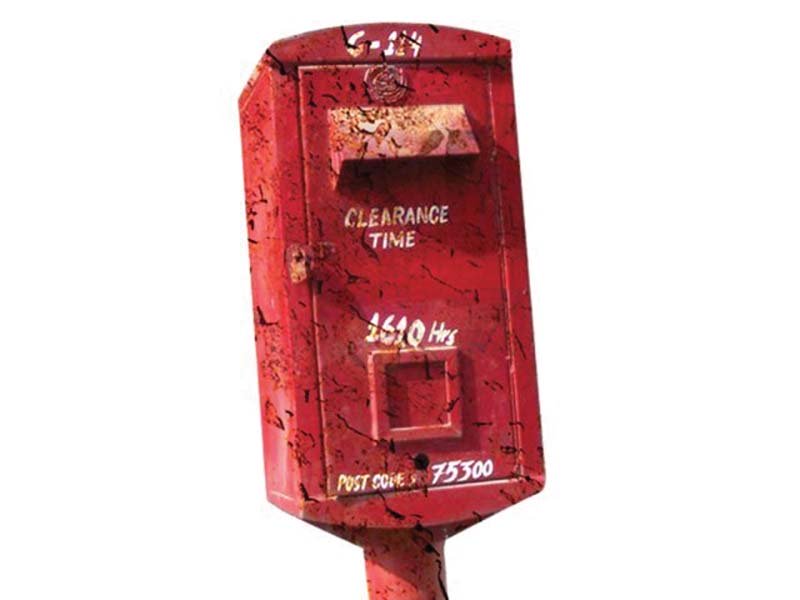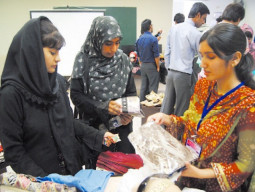
Culture plays a crucial role in determining economic choices and academics argue that it can even affect the speed of development and the wealth of nations.
Social scientists have defined culture as “customary beliefs and values that ethnic, religious and social groups transmit fairly unchanged from generation to generation”. Recent academic literature has laid emphasis on the inter-dependence of culture on institutions and vice versa and how both co-evolve generating multiple equilibriums with different sets of self-enforcing institutions and cultural norms.
Differences in institutional quality between different countries have been pinpointed to four key traits of culture: Cooperation, Participation, Social interaction and Trust.
For the purpose of analysis, I take a simple example of a very important institution — the post office. Post offices are vital in providing services to the local population in keeping correspondence, serving the financial needs of local communities through money orders, and postal saving banks and giving access to a range of central and local government services.
The Pakistan Post was founded at the birth of the country in 1947 and has a network of 13,000 branches serving an estimated 20 million households.
In the last two decades or so, the usage and the value of the institution has declined. Postal services around the world and in Pakistan face huge challenges from rapidly advancing technology. Besides other factors, could the decline in this important national institution be explained by a lack of some of the key traits of culture (cooperation, participation, social interaction and trust) that promotes strong institutions?
The Royal Mail
I recently moved to Northampton, UK and was quite amazed to see the huge role that the postal system plays in the day to day economic affairs of an individual and the society as a whole. Starting from the postcode determining your location, all correspondence is carried out through surface mail.
Even in this age of email and fast communication, the Royal Mail is playing a huge role in providing services to the society. The Royal Mail traces its history to 1516 when Henry VIII established the post of Master of the Posts which was renamed to Postmaster General in 1710.
The Royal Mail has a wide branch network and is kept further accessible through branches in big supermarkets and post boxes in various locations throughout the city.
For most of its history, it has been operating as a government department or public corporation. However, although the heritage value of the institution is priceless, economic viability of the institution was held supreme.
The Postal Services Act was passed in 2011 and a majority of the shares of Royal Mail were floated on the London Stock Exchange in 2013. Initially, the UK government retained 30% of the shares which more recently in 2015 were sold ending 499 years of public ownership.
Previously, the Royal Mail had faced a fate, similar to Pakistan Post, of loss of usage and value but a culture where institutional quality should remain supreme led to the decision of its privatisation despite five centuries of public ownership.
The recent experience of protest against PIA privatisation leading to violence and even death of people is a reminder of how social interaction – a key trait of culture – can turn extreme and can lead to more harm.
Similar is the experience with the Pakistan Steel Mills. Our leadership did not pay attention to the institution’s ills at the right time and despite repeated attempts at capital injection it remains a loss making institution.
Another important trait of culture ‘cooperation’ lacks at the level of the government and the larger goals of strengthening institutions takes a back seat for achieving short term political objectives.
It is time that we introspect and analyse how important it is to keep institutional quality supreme. Institutions outlive individuals and leave legacies for coming generations for them to take pride in. Strong institutions make a pivotal contribution towards overall development and overall welfare enhancement of our populace.
The writer is an economist and ex-central banker
Published in The Express Tribune, February 29th, 2016.
Like Business on Facebook, follow @TribuneBiz on Twitter to stay informed and join in the conversation.
1724760612-0/Untitled-design-(12)1724760612-0-405x300.webp)
















COMMENTS
Comments are moderated and generally will be posted if they are on-topic and not abusive.
For more information, please see our Comments FAQ